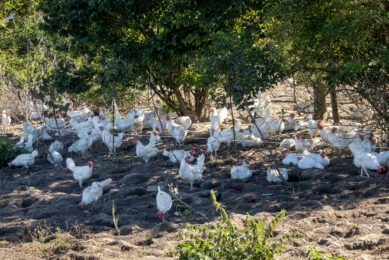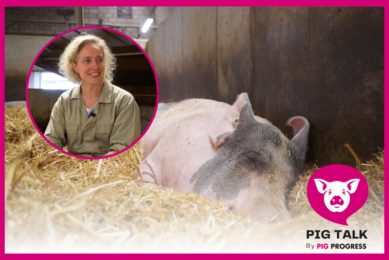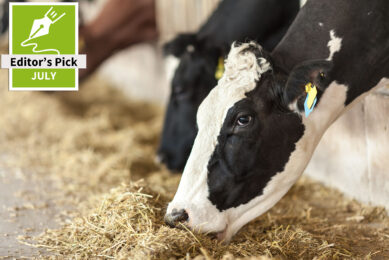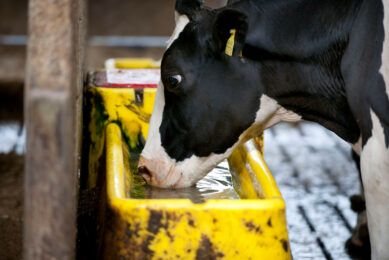2019: The year of resilience
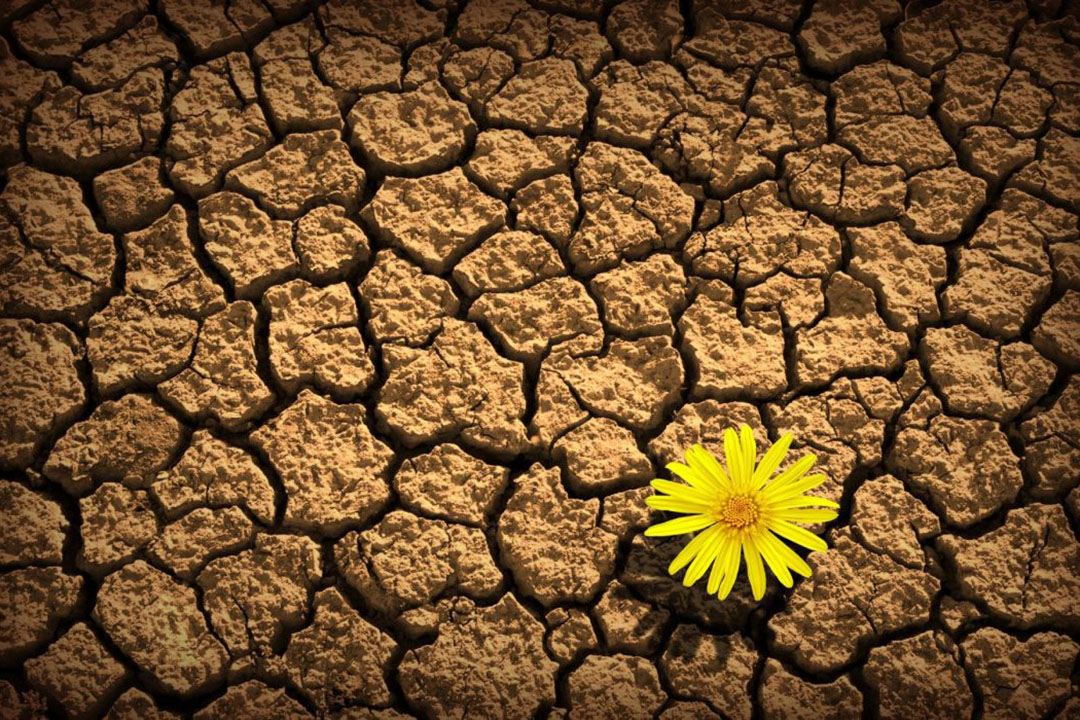
Tolerance, elasticity and robustness. When a farm animal has these characteristics, it is resilient! We will hear more about this in the coming years.
Recently, Wageningen University and Research Centre (WUR) in the Netherlands organised the Resilience Symposium. The incentive to organise a seminar with this theme is because in the upcoming years, the term resilience will probably pop up more in the agricultural sector and WUR is putting this theme high on the agenda. In the last 3 years, WUR has created a cross-disciplinary and innovative network of collaborating scientists and societal actors that are engaged in different aspects of resilience thinking, practice and research. The University website explains that within its organisation, resilience research is organised through interdisciplinary teams called ‘resilience brigades’ that address different aspects of resilience through conceptual and methodological developments in different problem areas. Wow, the ‘brigades’! Almost sounds like superheroes who spend all of their time and powers to make the world more resilient. Sounds great…
Stress reduces resilience
But what is resilience and what does it mean for livestock animals? Resilience is defined in various ways, but generally it is the capacity of a complex system to deal with change or stresses. In a recent paper by Marten Scheffer et al (from WUR), the resilience of the whole depends on the resilience of subsystems that regulate vital parameters such as temperature, glucose level, and mood. Those in turn depend upon, among other things, the functional reserves (overcapacity) of organs that inevitably wear down with ageing, depending on stressors, lifestyle, and genetic make-up. He names chronic stress in animals (and humans) as the best-known condition that may undermine resilience. In animal sciences, researchers are studying resilience in a quest to better adapt animals to their changing and challenging environment to optimise their welfare and health. And in the case of stress, we can certainly see potential in farm animals. Think of transportation of animals, weaning and treatments that animals have to deal with. Resilience can also mean elasticity. And the level of elasticity of an animal can be measured for example by looking at the speed of recovery after an infection. Animals that are able to remain healthy post-infection, or quickly recover, have the greatest elasticity. And this is what makes a farmer happy (and leads to a profitable farm). We could also say that resilience means ‘tolerance’. Increasing the tolerance can be done via management, vaccination schedules, preventive medicines as well as breeding for improved disease resistance.
Robustness in cattle
The term resilience and elasticity also remind me of of the term ‘robustness’, often used for cows. A dictionary definition of robust is having or exhibiting vigorous health, capable of performing without failure under a wide range of conditions. Is this the same as resilience though? There was a time that robustness was linked with heritage (ancient) cow breeds. Although they produce less milk than the Holstein-Friesian cows, some old breeds are more robust and do well on more extensive farms for example with outdoor grazing systems (and can handle extreme weather conditions for example). Cattle breeding companies are using robustness as well and increasingly adding this characteristic to the bull indexes, which means that production traits are combined with functional traits in the breeding goals to make cows live longer and cope better with infections. In other words, the breeding companies are constantly improving resistance, tolerance and resilience against diseases.
Also read: Give the cows some rest
2019: The year of resilience
Robustness is a powerful, strong term, and I like it. It means that the animal is strong by itself, without interventions from outside. I feel that the terms tolerance and resistance refer more to a state of the animal that is created or controlled by the farmer (e.g. make an animal resistant against a disease by vaccinating it). But 2019 will be the year of the term ‘resilience’. I have no doubt that we will hear much more about and it might be even more powerful than my previous favourite term: robustness. Good luck to all the resilience brigades!




